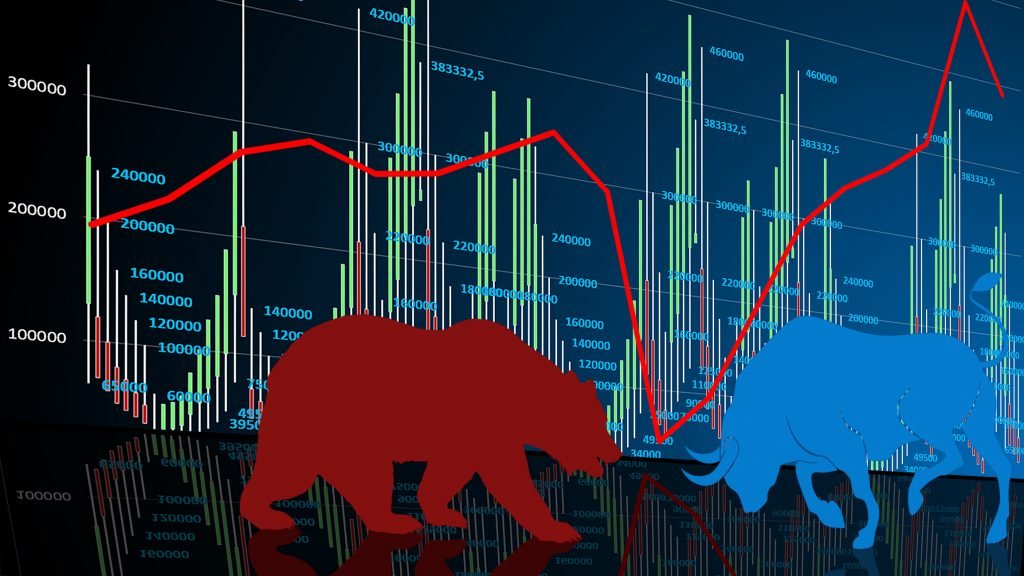
As we saw during the COVID-19 pandemic, what happens somewhere halfway around the world can have a major impact on us. Now, the global economy faces new threats as a result of Russia’s invasion of Ukraine, including spiking energy prices, inflation, and a volatile market. Know how you could be affected and what strategies you can pursue to help protect your savings.
Are You Protected from Market Corrections?
We’ve seen market volatility recently and could see more depending on what happens in Ukraine and what the Federal Reserve does. Oil prices are surging and could continue to rise as the U.S. and Western allies impose severe economic sanctions against Russia, a major exporter of oil. Higher oil prices could very likely exacerbate already high inflation and raise concerns about a recession. This, in turn, could cause the Federal Reserve to tighten its monetary policy and raise interest rates faster than expected to help combat already high inflation. Historically, the market tends to react poorly to rising interest rates,[1] so consider how much investment risk you’re taking on. Know how you can handle a volatile market now and in the future.
Do You Have a Pension?
If you have a pension, you may consider your retirement income to be more secure than someone who has to rely on their savings. However, inflation and market volatility can still affect you. Pension funds around the world are reviewing their investments in Russia’s energy, banking, and mining sectors. Some have announced plans to dump their holding in Russia, but selling holdings could be complicated.[2] If you have a private pension, payments may not increase with inflation, so consider the effect of inflation over the course of 20 or more years. If you don’t have a pension, inflation and market volatility can still impact your ability to make your retirement savings last for the rest of your life.
Social Security Benefits Don’t Necessarily Keep Up with Inflation
Most years, Social Security beneficiaries see a Cost of Living Adjustment (COLA) that accounts for inflation. In 2021 the COLA was 1.3%[3], and the COLA for 2022 was 5.9%, due to high inflation.[4] However, the Senior Citizens League estimates that the average Social Security benefit has lost a third of its buying power since 2000.[5] This has happened mostly because benefit increases have not kept up with the increasing cost of prescription drugs, food, and housing. If your Social Security benefit loses value over time, how will you make up the difference?
[2] https://www.wsj.com/articles/divesting-from-russia-proves-complicated-for-pension-funds-11646193559
[3] https://www.ssa.gov/oact/cola/colaseries.html
[4] https://www.usatoday.com/story/money/2021/09/14/social-security-cola-2022-benefit-rise-could-6-most-since-1982/8334935002/
[5] https://seniorsleague.org/loss-of-buying-power-2/#:~:text=
The commentary on this blog reflects the personal opinions, viewpoints, and analyses of BML Wealth Management’s employees providing such comments and should not be regarded as a description of advisory services provided by West Wealth Group, LLC. The views reflected in the commentary are subject to change at any time without notice. Nothing on this blog constitutes investment advice. Any mention of a particular security and related performance data is not a recommendation to buy or sell that security. Investing involves risk, including the potential loss of principal. No investment strategy can guarantee a profit or protect against loss in periods of declining values. Past performance is no guarantee of future returns.
Investment advisory services through West Wealth Group, LLC, an SEC Registered Investment Adviser. BML Wealth Management and West Wealth Group, LLC are affiliated entities. Insurance Services are offered through BML Wealth & Insurance Services, California Insurance License #0M15550.
We do not provide tax or legal advice, all individuals are encouraged to seek guidance from qualified professionals regarding their personal situation. Any references to protection benefits or steady and reliable income streams in this guide refer only to fixed insurance products. They do not refer, in any way, to securities or investment advisory products.






